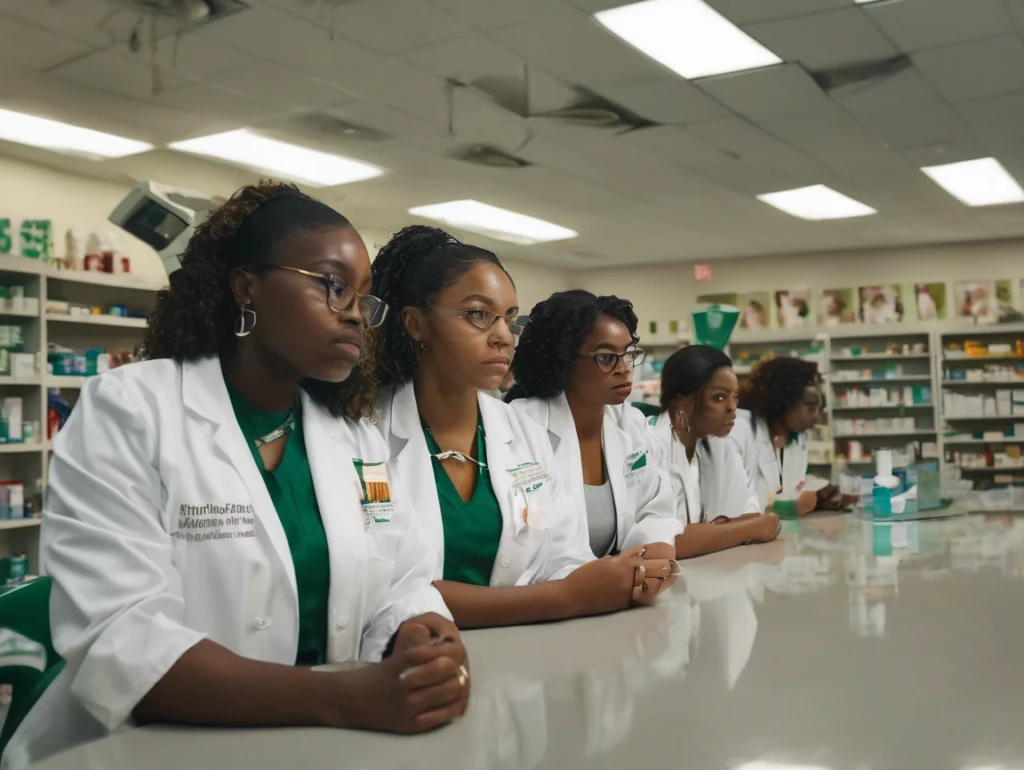FAMU Seeks Support After $16.3M Federal Grant Cut Amid Federal Funding Crackdown

By Brian Rice
Florida A&M University (FAMU) is fighting to restore a critical $16.3 million federal grant after the National Institutes of Health (NIH) unexpectedly terminated the funding, throwing the future of its pharmacy school’s research programs into uncertainty. The cancellation of the grant, which supported research in biomedical sciences and public health, marks a significant blow to the university’s long standing initiatives aimed at addressing health disparities and advancing minority representation in healthcare fields.
The funding was part of the NIH’s Research Centers in Minority Institutions (RCMI) program, which was established in 1985 to bolster research at historically underfunded institutions that serve minority communities. For nearly four decades, the program has enabled FAMU’s pharmacy school to conduct cutting edge research in areas such as artificial intelligence, cancer biology, and bioinformatics. The funding also supported faculty hires and graduate student research, helping to develop a new generation of scientists and healthcare professionals.
The decision to terminate the grant, which was renewed last year for a five year period, comes at a time when federal funding has become a contentious issue under the administration of former President Donald Trump. In the wake of federal budget cuts and a push for more stringent oversight of government spending, several research programs have faced delays, freezes, or reductions. The RCMI program at FAMU, which was slated to continue until 2029, was one of the most recent casualties in this broader trend.
“This funding was essential to the work we do here, particularly in addressing health disparities that affect underserved populations,” said Dr. Seth Ablordeppey, interim dean of the College of Pharmacy and Pharmaceutical Sciences at FAMU. “The NIH grant allowed us to explore innovative treatments for diseases like cancer, to advance public health initiatives, and to give our students the resources they need to succeed in their careers.”
Ablordeppey, who also serves as an eminent scholar chair in biomedical sciences, emphasized that the grant supported groundbreaking research on triple-negative breast cancer, a particularly aggressive form of cancer that disproportionately affects African American women, as well as colorectal cancer disparities in minority populations.
FAMU’s interim president, Dr. Timothy Beard, confirmed that the university is in the process of appealing the termination of the grant. Beard called the cancellation a “setback,” but also stressed that the university is committed to finding alternative funding and restoring the financial support necessary to continue its vital work. “We are actively engaging with federal officials and advocating for the reinstatement of this critical funding,” Beard said.
In light of the financial challenges, FAMU is urging its alumni, faculty, and staff to rally around the university during its annual Day of Giving campaign, which takes place this week. The event, which runs from Thursday morning to Friday afternoon, offers an opportunity for supporters to contribute directly to the pharmacy school and other academic programs at FAMU. Donations will be used to provide scholarships, fund research initiatives, and support students who are most affected by the loss of federal funding.
“Your contributions are more important now than ever,” said Ablordeppey, addressing the FAMU community in an email ahead of the Day of Giving. “These funds will directly impact our students and ensure that they have the resources to continue their research and education, particularly as we navigate this funding shortfall.”
While the university has a diverse portfolio of over 900 active grants, the loss of this major NIH funding represents a significant gap in its ability to sustain high level research projects. FAMU officials say they are committed to maintaining the quality of their programs and research despite the funding challenges, but additional financial support from the university’s community will be essential in the coming months.
“As we continue to weather the storm of federal funding cuts, we are confident that the FAMU family will rise to the occasion,” Beard said. “Our collective strength has always been a driving force behind our success, and with your support, we can continue to make a difference in the lives of our students and the communities we serve.”
For FAMU, this is not just a battle for funding, it is a fight for the future of its students, faculty, and the communities they serve. With the help of the university’s alumni and supporters, FAMU hopes to overcome this challenge and continue its mission of advancing health equity and fostering a diverse, skilled healthcare workforce.






